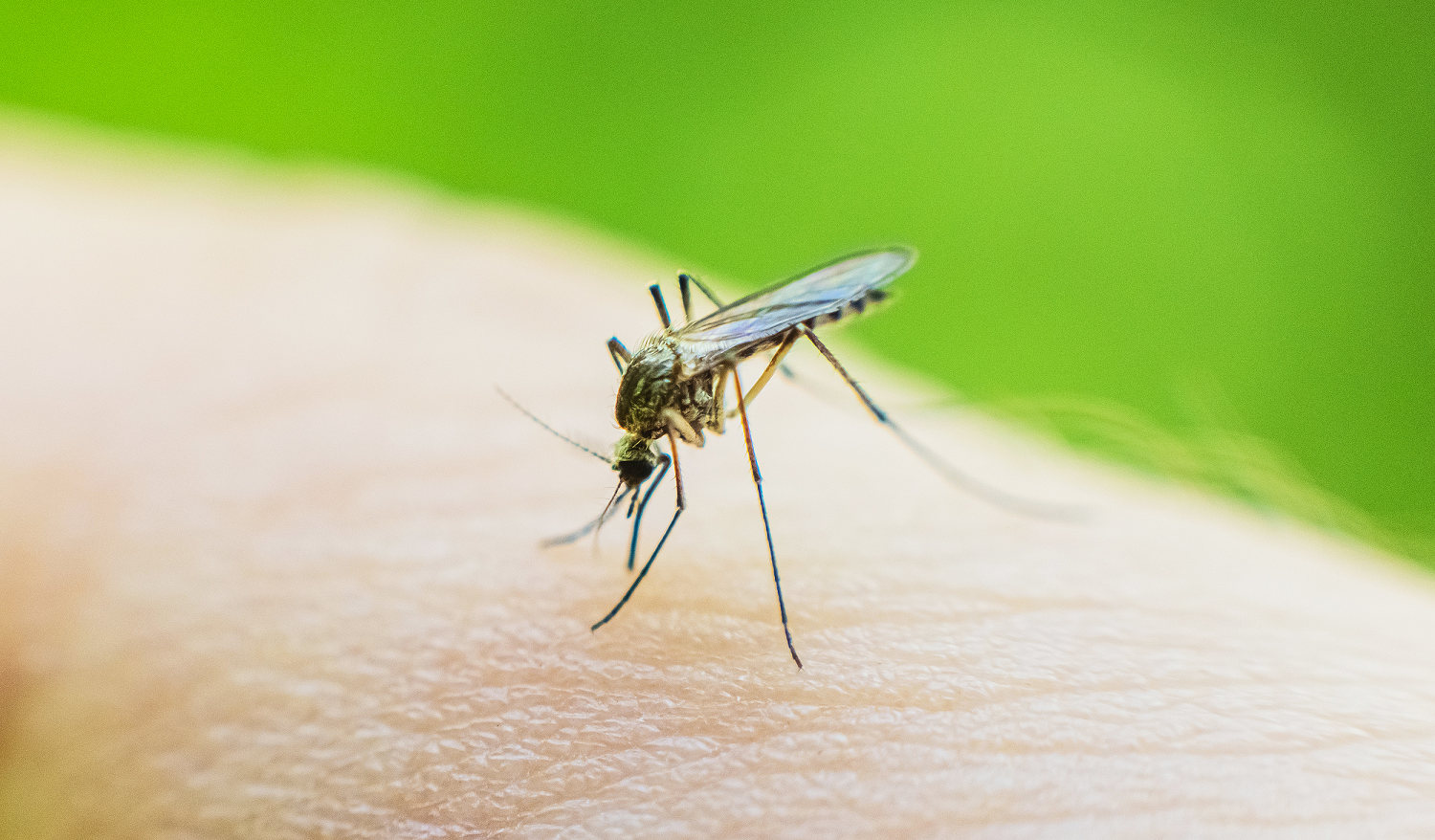Eastern equine encephalitis, also known as EEE or triple E, is a rare mosquito-borne viral disease that has killed at least two people and sickened 11 others in the United States this year. The deadly virus, which is circulating in the Northeast, is stoking fears about outbreaks and putting some communities on high alert. The EEE virus is spread to people through the bite of an infected mosquito, according to .
In humans, the EEE virus can attack the central nervous system and cause swelling and brain damage. About one-third of people with EEE will die. in the U.
S., and activity can continue as late as November in some states. “EEE risk does not end on Labor Day,” said Dr.
Catherine M. Brown, Massachusetts’ state epidemiologist, . Here's what to know as the triple E virus continues to spread: The U.
S. is currently experiencing an outbreak of the triple E virus in the Northeast. At least seven states have confirmed human cases of eastern equine encephalitis so far this year.
The majority of EEE activity in the U.S. this summer has occurred in Massachusetts, but cases have also been reported in New Hampshire, New York, New Jersey, Vermont, Rhode Island and Wisconsin.
On Monday, that a New York resident had died from eastern equine encephalitis. The case, which was confirmed in Ulster County on Sept. 20, was the first human case of EEE in New York in a decade, state health department officials .
The news comes less than a month after New Hampshire officials announced the f.


















